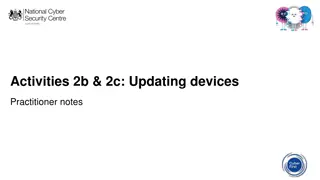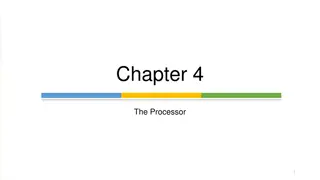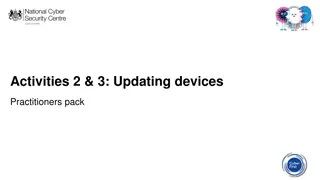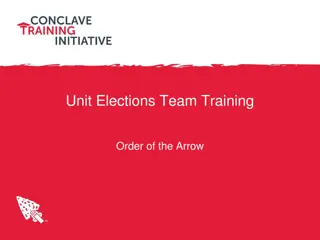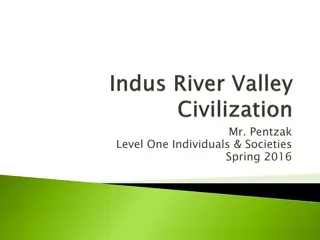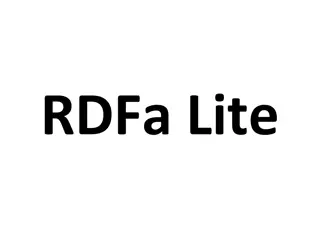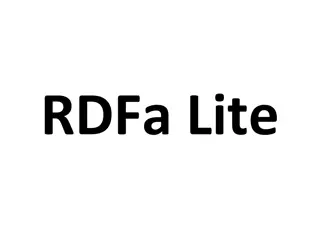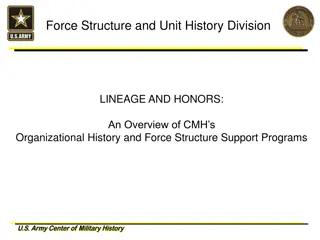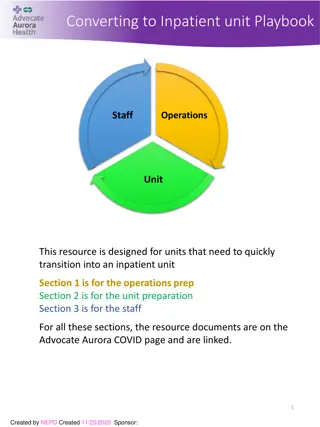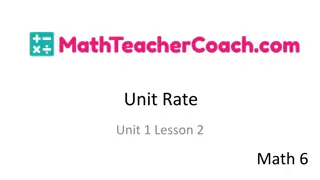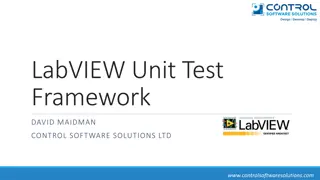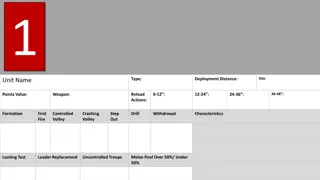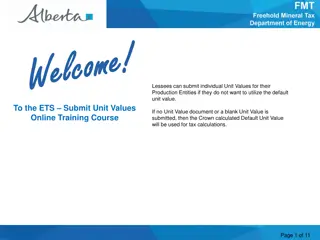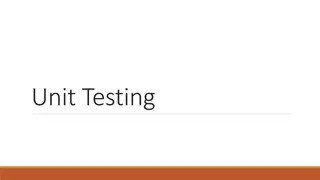
Research Methods and Experimental Studies Definitions
Explore essential research methods and experimental study definitions, including concepts like alternate hypothesis, blind study, control group, data collection, double-blind study, experimental study, experimental unit, fact, opinion, and null hypothesis. Enhance your understanding of these terms to conduct effective research and experiments.
Download Presentation

Please find below an Image/Link to download the presentation.
The content on the website is provided AS IS for your information and personal use only. It may not be sold, licensed, or shared on other websites without obtaining consent from the author. If you encounter any issues during the download, it is possible that the publisher has removed the file from their server.
You are allowed to download the files provided on this website for personal or commercial use, subject to the condition that they are used lawfully. All files are the property of their respective owners.
The content on the website is provided AS IS for your information and personal use only. It may not be sold, licensed, or shared on other websites without obtaining consent from the author.
E N D
Presentation Transcript
Unit 3 Vocab PLEASE MAKE SURE TO WRITE DOWN THE DEFINITIONS AND KEEP IN YOUR FOLDER.
Alternate hypothesis A position that states something is happening, a new theory is preferred instead of an old one
Blind Study Participants are unaware if they are part of the experimental process or the control group.
Control Group Is used in an experiment as a way to ensure that your experiment actually works. The control groups is given nothing or the standard treatment.
Data collection Is the process of gathering and measuring information on variables of interest, in an established systematic fashion that enables one to answer stated research questions, test hypotheses, and evaluate outcomes.
Double-blind study Is one in which neither the participants nor the experimenters know who is receiving a particular treatment.
Experimental study A type of study are ones where researchers introduce an intervention and study the effects. Experimental studies are usually randomized, meaning the subjects are grouped by chance.
Experimental unit The physical entity which can be assigned, at random, to a treatment. Commonly it is an individual animal.
Fact Something that can be proven true through evidence and research.
Opinion A belief held by a person that is not necessarily true.
Null hypothesis A type of hypothesis used in statistics that proposes that there is no difference between certain characteristics of a population (or data-generating process).
Observational Study Astudy in which the researcher simply observes the subjects without interfering.
Participant Respondents and subjects are the people who the researcher selects for their study.
Placebo A neutral treatment that does not have a real effect on the dependent variable. Participant must not be aware of it for it to be valid.
Placebo effect When effects are seen in a participant when they took the placebo and not the real treatment.
Population Refers to an entire group of people, objects, events, hospital visits, or measurements used in a study.
Population mean The mean of all the values in a population.
Population Parameter A quantity or statistical measure that, for a given population, is fixed and that is used as the value of a variable in some general distribution or frequency function to make it descriptive of that population.
Psychological effect The effects a study can have on your mind.
Questionnaire/survey A set of printed questions used to gather data for a study.
Research question A question that a researcher is trying to answer in a study/ experiment.
Sample a set of individuals or objects collected or selected from a statistical population by a defined procedure.
Sample mean The average value found in a sample.
Sample statistic Any number taken from your sample data.
Statistical significance Quantifies whether a result is likely due to chance or to some factor of interest.
Study limitation Are characteristics of design or methodology that impacted or influenced the interpretation of the findings from your research.
Treatment Different combinations of independent variables for a study/ experiment.


